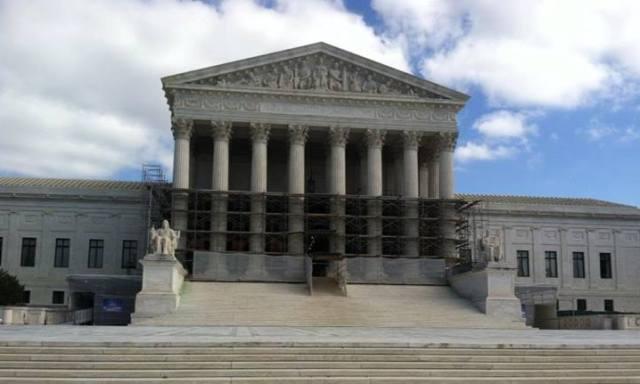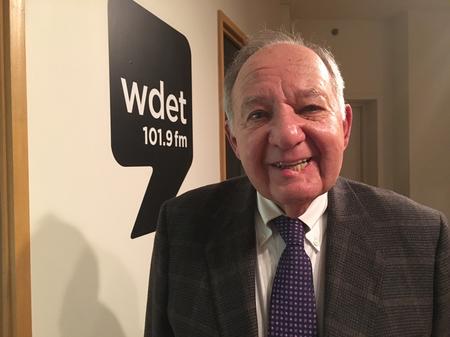Law Expert Talks Trump’s “So-Called Judge” Dust-Up
“There’s no such thing as a ‘so-called’ federal judge anymore than there’s a so-called president.”


A federal judge from Washington state issued an injunction against President Donald Trump’s travel ban with seven Muslim-majority countries. The injunction allowed people who already had approval to come to America, to once again plan to come to the U.S.
The Department of Justice — on behalf of the president — appealed the injunction, but was rejected.
That means many people who have already been vetted to come to the country, are rushing to get here while immigration ban is lifted. President Trump called the judge from Washington a “so-called judge” over the weekend… and said if any terrorist attack happens in the United States, the judge should be blamed rather than Trump.
“There’s no such thing as a ‘so-called’ federal judge anymore than there’s a so-called president,” says Robert Sedler, a constitutional law expert and professor of law at Wayne State University.
Sedler tells Detroit Today host Stephen Henderson the decision on the immigration ban could come down to whether the ban was put in place as intentionally discriminatory against Muslims.
“I honestly don’t think that this is going to be an ideologically based decision.”
Sedler on who is admitted to the United States:
“Clearly people who are admitted for permanent residency, the green card people, are entitled to be admitted and the Trump administration quickly changed that. The difficult category — people who have been vetted who have been given a visa and who have arrived at a port of entry — they have a right to a hearing to determine if they’re entitled to be admitted. But there’s another provision in the law that give the president the power to suspend admission. The question for the court is which provision of the law applies… When it comes to people who have not yet been vetted, their claim is one of real discrimination. That is a constitutional claim and gets very complicated.”
Sedler on four cases against executive power during the Bush administration:
“I honestly don’t think that this is going to be an ideologically based decision. It’s going to depend what happens in the lower court. For example, if there is a finding that the ban was enacted with an intent to discriminate against Muslims, then the question for the court is a constitutional one: is that finding supportable? That’s very different than a question of presidential authority. I don’t think there’s any doubt that the president has the authority to ban immigration from abroad. The question is whether this is discriminatory.”
To hear more from Sedler on Detroit Today, click on the audio player above.
